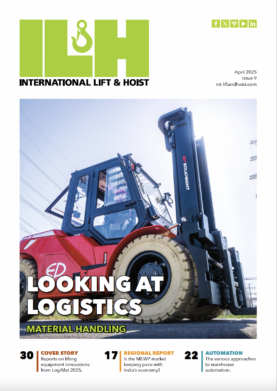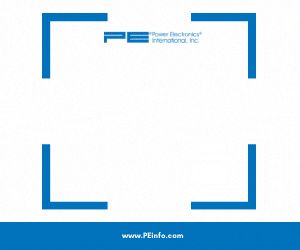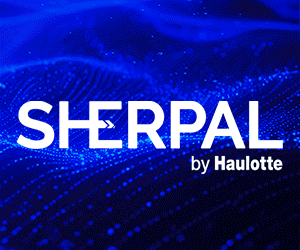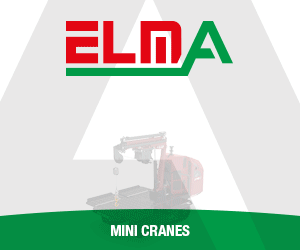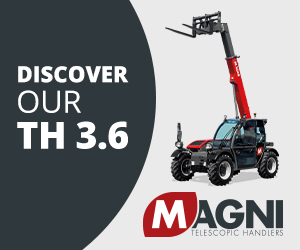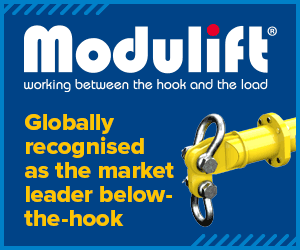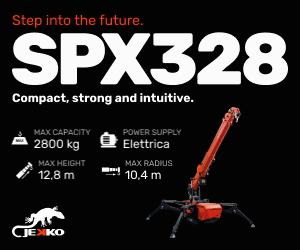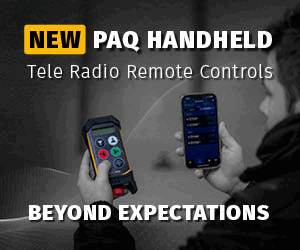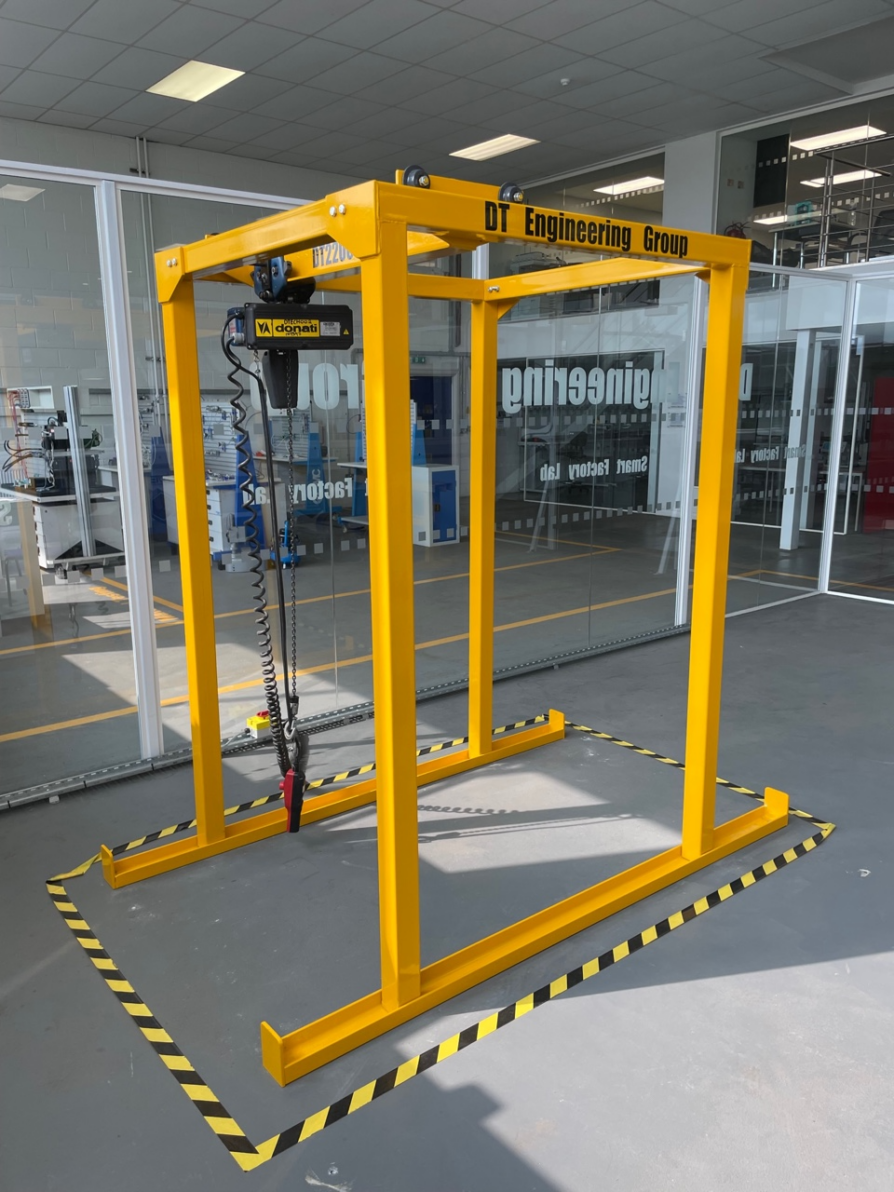)
DT Engineering seeks investment in EOT crane safety system
Based in Cheshire, Northwest England, DT Engineering is a specialist manufacturer of overhead cranes and hoists. The DT Digital Trident System is a new product, designed to be installed onto existing overhead cranes or bolted onto new ones during installation. It uses artificial intelligence (AI) algorithms, lasers, and camera technology, to create operator protection zones below-the-hook, true lifts, and ensure that best practice is always observed.
The system is built around four pillars:
- Controlled lift protection zones: AI and camera technology facilitates variable operator protection zones below-the-hook.
- Crane intelligence: installed and wired into existing crane electrical circuits, it has a single source point of interface for the complete asset. A panel mounted on the crane bridge is tied into a programmable logic controller (PLC)-based system for total automation.
- Laser alignment technology: users eradicate load swing and snatch loading on initial lifting of a load.
- Controlled lifting height and load interrogation: ability to set variables for weight and height of initial lifting of a load. Load cell and pin integration creates a tool for providing critical crane disabling points in any final lifting process.
Gerry Weston, managing director at DT Engineering Group, says, “To date, we have self-funded the R&D [research and development] to get where we currently hold a market position.
“However, in order to take the next steps and realise product potential in international markets, we need investment. We are looking to give up some of the equity for a significant investment into the system and its development post MVP [minimal viable product].”
Investment opportunity
The company is looking for a profile of investor with industry knowledge and/or with health and safety at their core. The business unit will need to undergo a transformation from provider of a system for one-off crane-by-crane installation, to an out-of-the-box solution manufacturer. An investor that can empower rapid upscale with a global outlook would be welcome to make a proposal.
“The offer is compelling,” says Weston. “The system can be utilised in all manufacturing or construction facilities where overhead cranes are used. It is compatible with all industries, especially those in specialist environments, such as sectors where explosive atmospheres are present. The core value proposition is that it will significantly reduce crane-related accidents, improve safety, and minimise downtime. Preliminary testing shows a potential 70% reduction in accidents with a 30% reduction in downtime.”
The system prevents untrained personnel and unauthorised access to the crane; AI is used for human detection, recognition and disabling, while cloud-based software provides real-time crane asset data. Users have peace of mind that in the event of any unsafe practice, such as personnel in the lifting zone, the crane will be completely disabled until the risk is removed.
Weston continues, “When there is a requirement to rig loads, near-misses are too commonplace, even today. Further, injury to personnel and damage due to misuse remain prevalent in industry. The DT Digital Trident System eradicates those possibilities, but it needs taking to the next level. Response times need improvement with software and hardware upgrades relative to the site asset, and a large scale prototype will need to be developed and tested in an industrial setting.”
Potential investors should contact Gerry Weston, managing director at DT Engineering Group, on gerryweston@dtengineering.org.uk.



